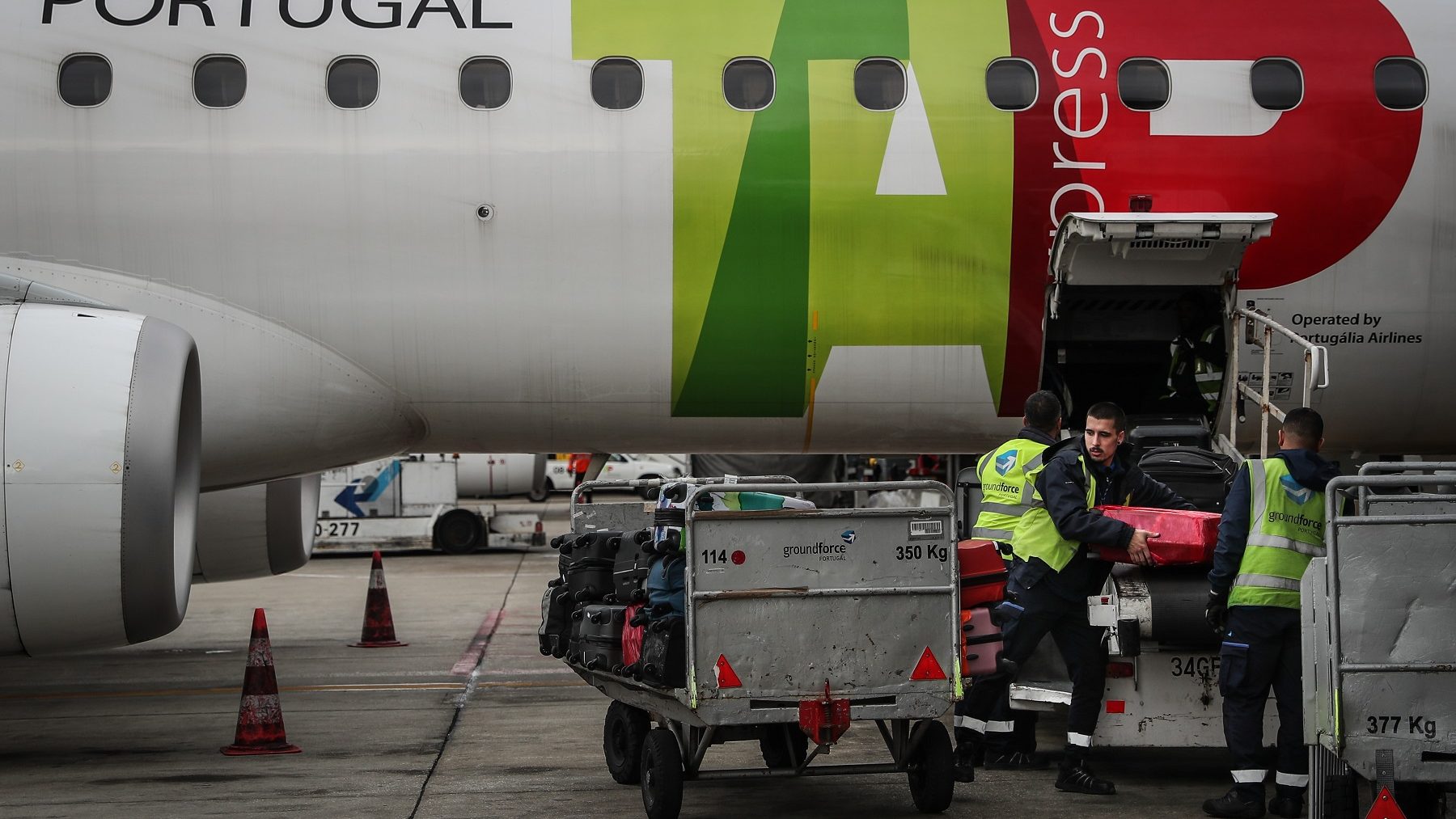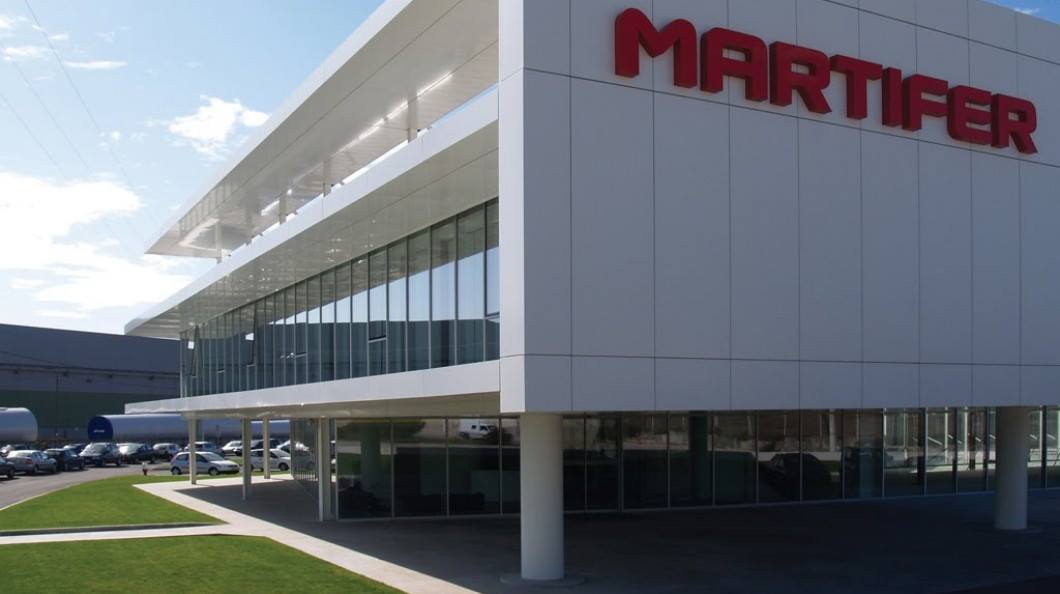Portugal has already received €1.34 billion from the sixth RRP payment
To receive €851 million in grants and €485 million in loans, Portugal had to meet 32 milestones and targets out of a total of 438 included in the updated PRR after the reprogramming.
Portugal has already received €1.34 billion relating to the sixth payment request from the Recovery and Resilience Plan (RRP), according to an announcement made on Friday by Missão Recuperar Portugal. With this disbursement, the country has now received 57% of the total allocation from the European bazooka.
The European Commission had already given the green light for the payment of the sixth PRR cheque on 30 June, but the transfer of the tranche had not yet been made. The assessment had to be sent to the Economic and Financial Committee (EFC) for its opinion within four weeks. Only after this period could the decision be adopted and the European Commission proceed with the transfer of funds to Portugal — which happened this Friday.
To receive €851 million in grants and €485 million in loans, Portugal had to meet 32 milestones and targets out of a total of 438 included in the PRR updated after the reprogramming. “Portugal’s overall recovery and resilience plan is financed by €22.2 billion in grants and loans. The funds transferred to date amount to €11.4 billion, representing 57% of the total allocation”, the EU executive said in a statement.
The 32 milestones and targets achieved comprise 15 components of the PRR, in three major structural areas: resilience, climate transition, and digital transition.
“This disbursement is another step on a demanding path, where all the entities involved — from the Mission Structure to the supervisory bodies and beneficiaries — continue to work with focus, efficiency and commitment”, emphasises the president of Recuperar Portugal, in the same note. “The PRR is and will continue to be fulfilled with dedication and solid work by all those involved”, adds Fernando Alfaiate.
“This payment is not just a number, it is proof that Portugal is implementing the PRR efficiently. It is, therefore, a reflection of thousands of hours of work, of teams on the ground, of projects that are transforming people’s lives and modernising the country”, said the Minister of Economy and Territorial Cohesion, Manuel Castro Almeida, in a statement sent to the press.
Initially, the payment request, submitted in November last year, was based on the fulfilment of 22 milestones and eight targets. However, not all of them had been met. During the discussion of the proposed State Budget for 2025, the Secretary of State for Regional Development revealed that the request would be made with targets still to be met. “We will have to make the request leaving out the fulfilment of one or two milestones, so that the payment request can still be made”, Hélder Reis told MPs.
The contract for the purchase of two electric ferries for the transport of passengers and vehicles in the Azores islands, for which there were no bids; the signing of the contract for a multifunctional research vessel in the Autonomous Region of Madeira, for which there were also problems with the tender process; the signing of the contract for the construction of the light metro line between Odivelas and Loures, an investment that was secured by the PRR loan component; and the report on the expansion of the Lisbon Metro network, which should already have been delivered, are the milestones that have not been met.
These were examples of investments that were completely removed from the PRR and are now being financed by the Environmental Fund, the State Budget and Portugal 2030. But first, the reprogramming had to be accepted (which has already happened).
The sixth payment request thus included the implementation of seven reforms and 22 investments in areas such as health, social responses, capitalisation and business innovation, energy efficiency, hydrogen and renewables, quality and sustainability of public finances, economic justice and the business environment, public administration efficiency, and educational and pedagogical innovation.
Meanwhile, Portugal has already submitted its seventh PRR payment request, which is based on the completion of 21 investments and five reforms associated with structural areas such as health, housing, social responses, capitalisation and business innovation, qualifications and skills, infrastructure, forests, hydrogen and renewables, the sea, energy independence and ecological transition, quality and sustainability of public finances, more efficient public administration and digital schools. There are 27 milestones and targets at stake.
When Brussels pays this new cheque, which is still under evaluation and has already required the submission of a new mini-reprogramming, Portugal will raise the PRR execution rate to 47%.



